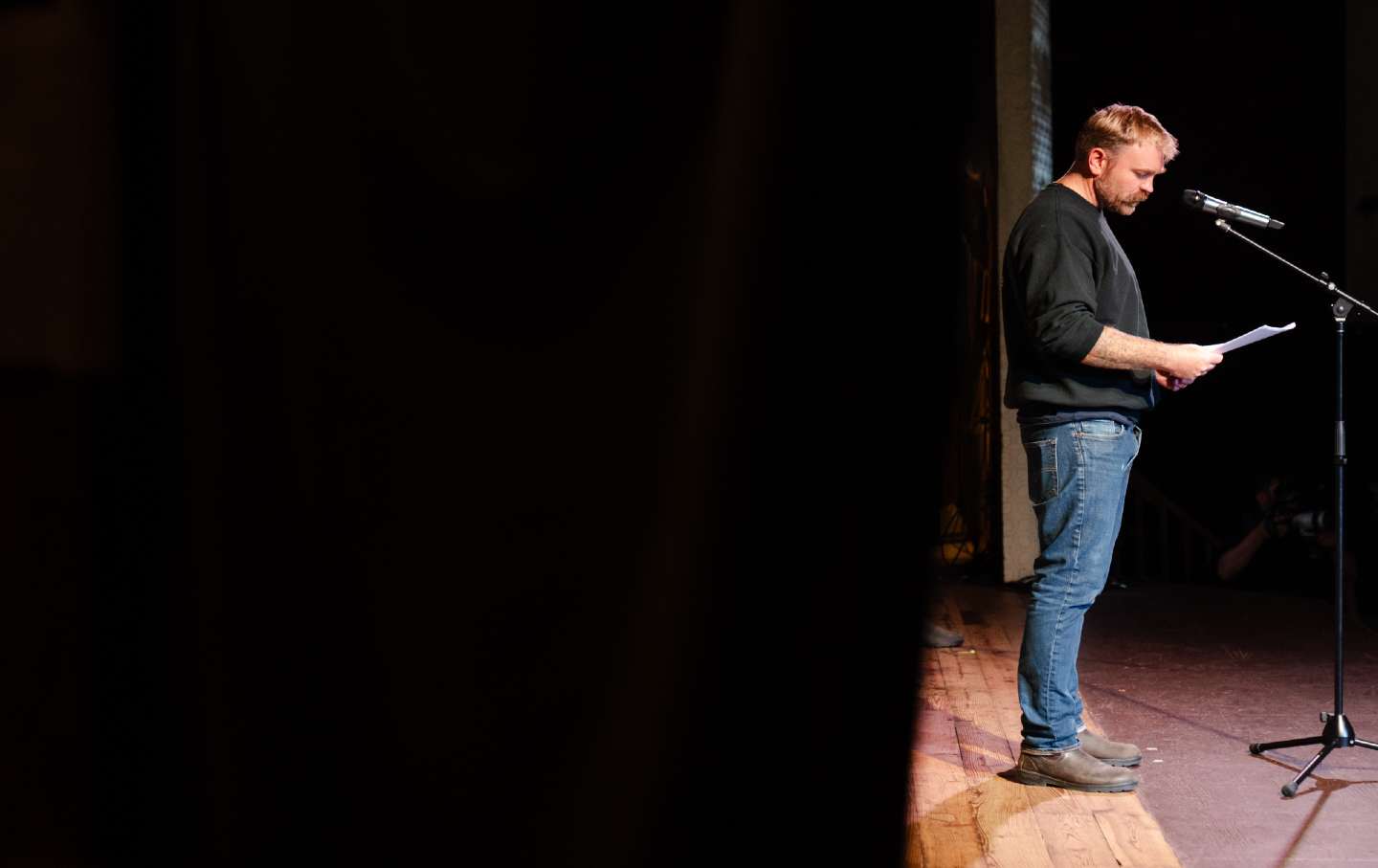
"At some point, we have to recognize that we just don't know about the Maine Senate candidate's past motivations-or about much of anything else, either. I've got a dim view of online discourse, and decided long ago to opt out of it. Arguing about our problems online strikes me as philosophically similar to (and about as likely to succeed as) homeopathy."
"Every once in a while, though, events conspire to convince me to turn myself into a crash test dummy-the latest instance being Graham Platner's campaign for US Senate, and the maelstrom of shit it has kicked up in its wake. As a native Mainer with a profile similar to Platner's, I'm arguably in a better position than most to weigh in on the matter."
Online political discourse often resembles ineffective rituals and can be corrosive. Some individuals opt out of arguing online, viewing it as futile like homeopathy. Major events can compel re-engagement, exemplified by Graham Platner's US Senate campaign and the controversy around it. Shared regional background can create perceived authority to comment, yet reviewing prevailing commentary can produce demoralization and paralysis. Ambivalence and loneliness can arise amid widespread public certainty. Temptations to adopt definitive stances for recognition or gain coexist with divided judgments about a candidate's suitability and which past actions might prove politically fatal.
Read at The Nation
Unable to calculate read time
Collection
[
|
...
]